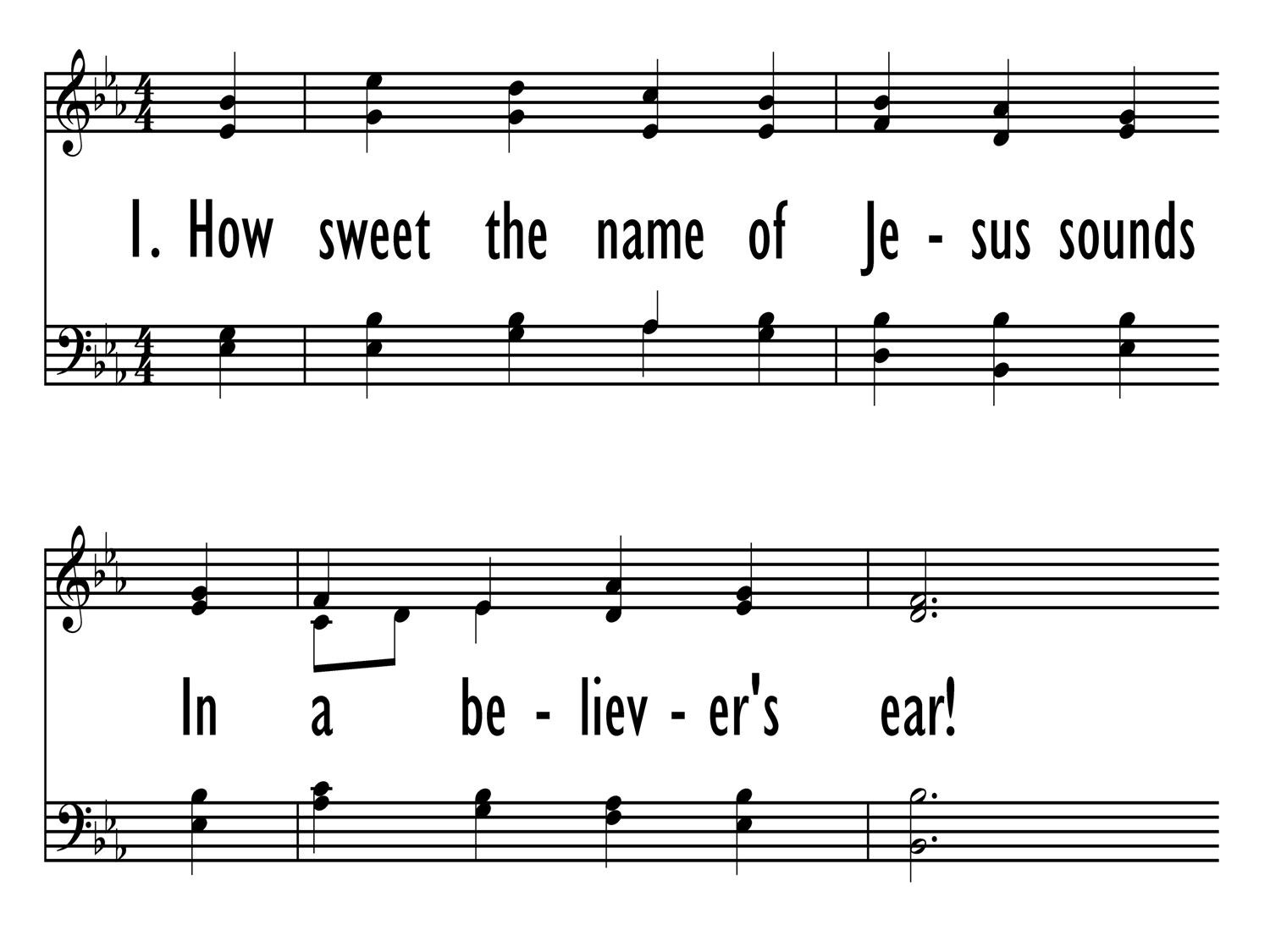- |
User Links
Come, let us to the Lord our God

Come, let us to the Lord our God
Author: John Morrison (1781)Published in 108 hymnals
Printable scores: PDF, MusicXMLAudio files: MIDI
Representative Text
1 Come, let us to the Lord our God
with contrite hearts return;
our God is gracious, nor will leave
the desolate to mourn.
2 His voice commands the tempest forth,
and stills the stormy wave;
and though his arm be strong to smite,
'tis also strong to save.
3 Long has the night of sorrow reigned;
the dawn shall bring us light;
God shall appear, and we shall rise
with gladness in his sight.
4 Our hearts, if God we seek to know,
shall know him and rejoice;
his coming like the morn shall be,
like morning songs his voice.
5 As dew upon the tender herb,
diffusing fragrance round;
as showers that usher in the spring,
and cheer the thirsty ground:
6 So shall his presence bless our souls,
and shed a joyful light;
that hallowed morn shall chase away
the sorrows of the night.
Source: Ancient and Modern: hymns and songs for refreshing worship #117a
Author: John Morrison
Morison, John, D.D., was born in Aberdeenshire in 1749. He studied at the University of Aberdeen (King's College), where he graduated M.A. in 1771. In 1780 he became parish minister of Canisbay, Caithness. He received the degree of D.D. from the University of Edinburgh in 1792. He died at Canisbay, June 12, 1798. He was one of the members added on May 26, 1781, to the Committee appointed by the General Assembly of 1775 to revise the Translations and Paraphrases of 1745. To him are ascribed Nos. 19, 21, 29, 30 and 35, in the 1781 collection, and he is said to have been joint author with John Logan of Nos. 27 and 28. [Rev. James Mearns, M.A.] --John Julian, Dictionary of Hymnology (1907) Go to person page >Text Information
Related Texts
| First Line: | Come, let us to the Lord our God |
| Author: | John Morrison (1781) |
| Meter: | 8.6.8.6 |
| Language: | English |
| Copyright: | Public Domain |
Notes
Come, let us to the Lord our God. J. Morison. [Lent.] First appeared as No. 30 in the Draft Scottish Translations and Paraphrases, 1781, as a version of Hosea, vi. 1-4, in 6 stanzas of 4 lines. Here are the following variations from the public worship ed. issued in that year by the Church of Scotland, and still in use:—
Stanza iii., l. 4, Rejoicing in his sight.
Stanza iv., l.1, Then shall we know His grace and love.
Stanza iv., l. 2, If him we make our choice.
In the markings by the eldest daughter of W. Cameron (q. v.), it is given as "Morison altered by Logan." It is one of the finest of the Paraphrases, and has recently come into extensive use, as in England in the Hymnal Companion, 1871-1877; the Baptist Hymnal, 1879, &c; and in America in the Andover Sabbath Hymn Book, 1858, and others. Included in full, and unaltered, in Thring's Collection, 1882, No. 274, and the Free Church Hymn Book, 1882, No. 48. In the Irvingite Hymns for the use of the Churches, 1864, stanzas iii-vi. beginning, "Long hath the night of sorrow reigned," are included as No. 13 (ed. 1871, No. 48), and appointed for Advent; and the same as No. 494 in the American Dutch Reformed Hymn Book 1869. Included in two parts, pt. ii. beginning, "Our hearts, if God we seek to know," as No. 62 in Miss Leeson's Paraphrases and Hymns for Congregational Singing, 1853. [Rev. James Mearns, M.A.]
--John Julian, Dictionary of Hymnology (1907)
=======================
Come, let us to the Lord our God, p. 249, i. This has been rendered into Latin by H. M. Macgill, 1876, No. 67, as "Veniamus poenitentes."
--John Julian, Dictionary of Hymnology, Appendix, Part II (1907)
Tune
KILMARNOCKBELMONT (Gardiner)
This tune has been mis-attributed to various other composers, but is clearly the work of the above-named composer.


 My Starred Hymns
My Starred Hymns






